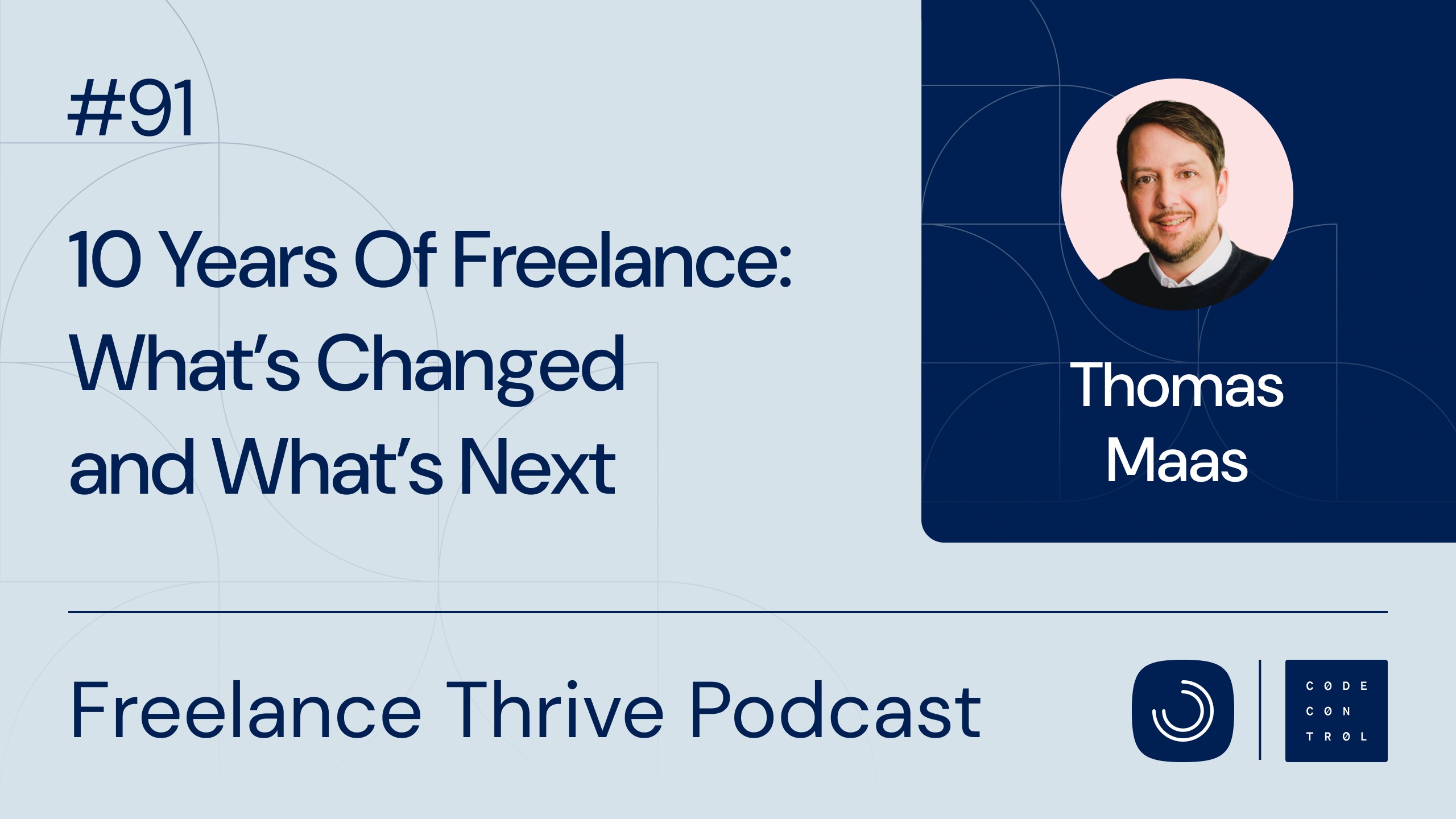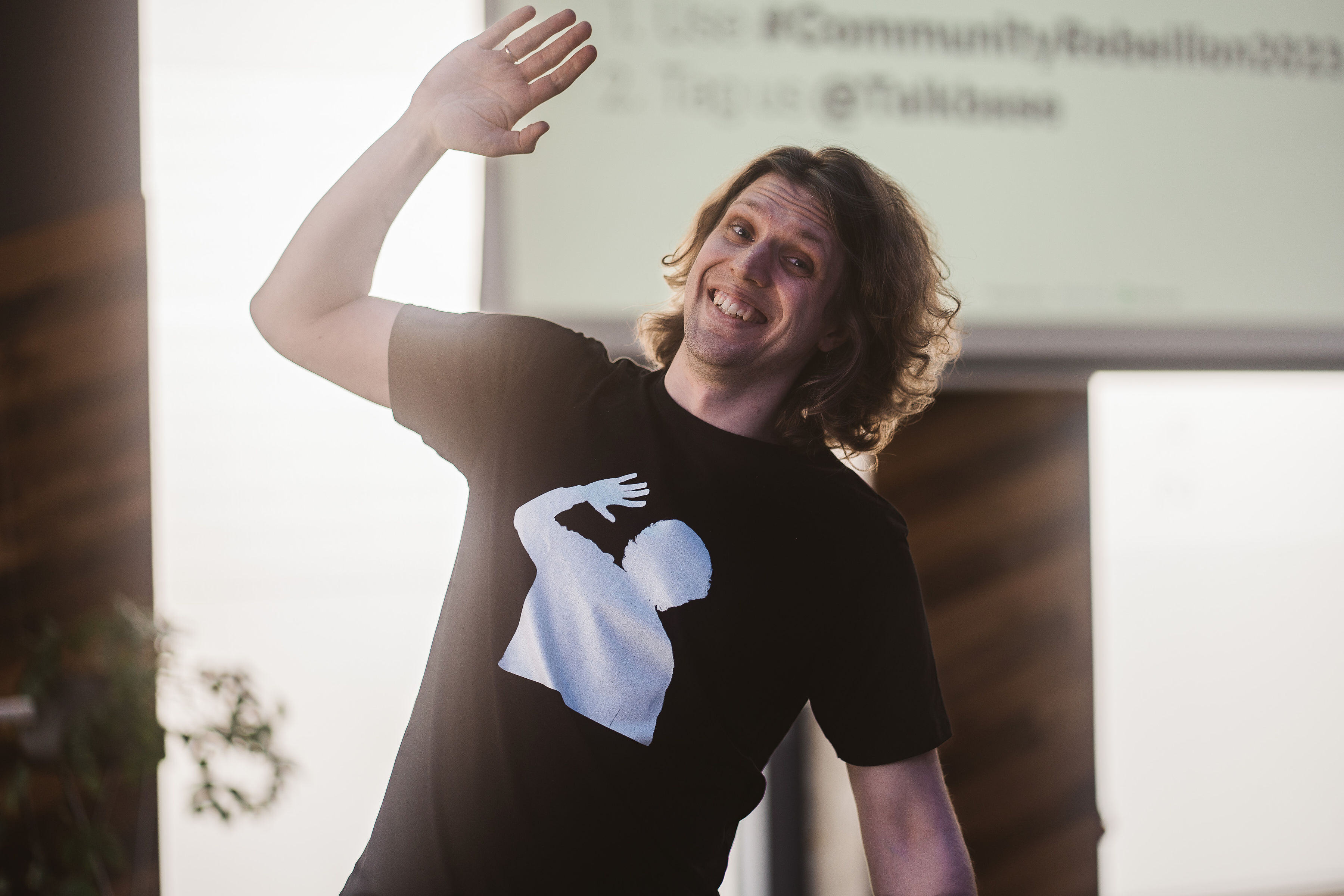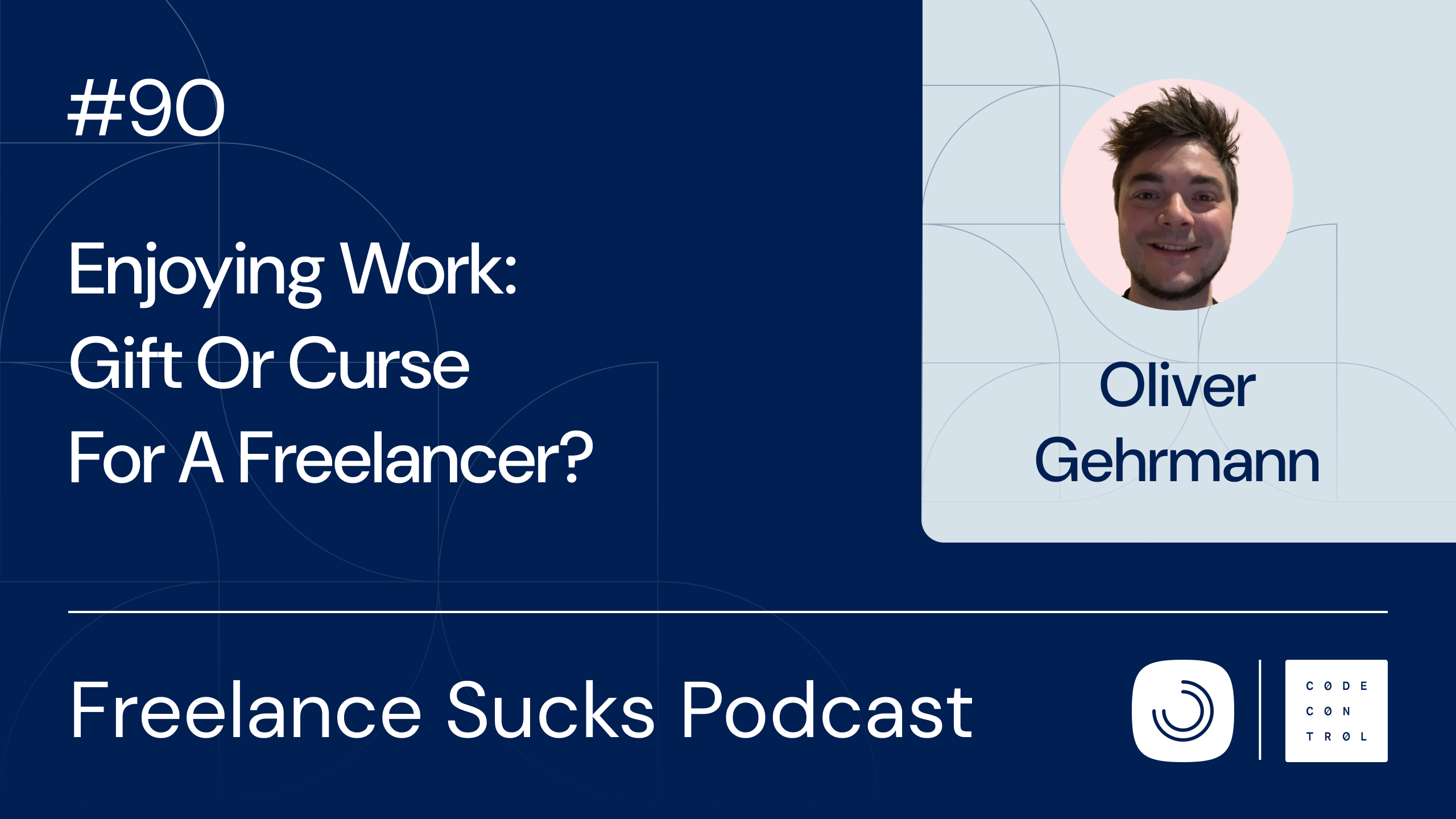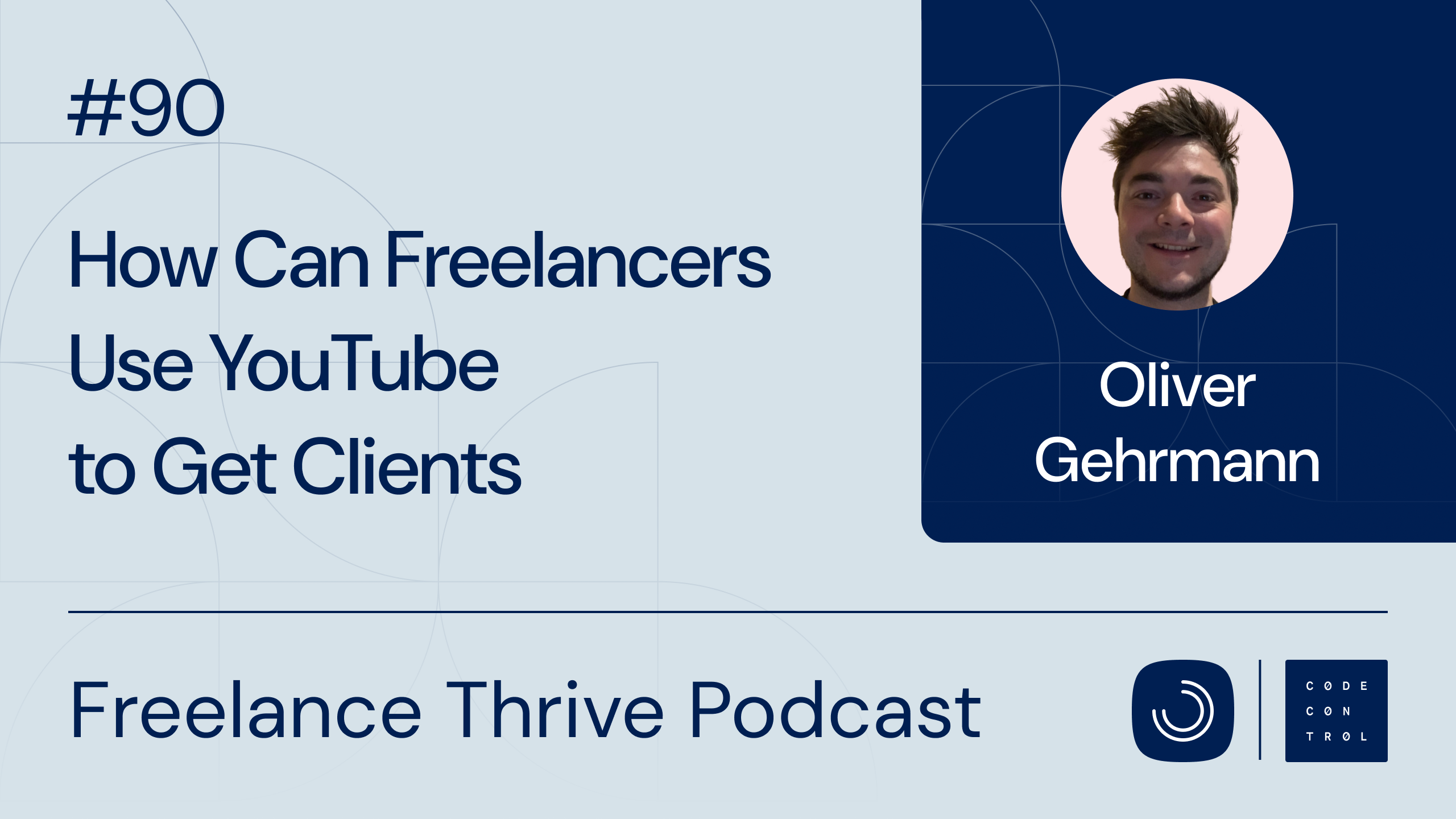One of the real challenges of freelancing is knowing how the industry is evolving and how to stay visible in a changing market.
In this episode, we speak with Thomas Maas, the CEO of Freelancermap, the platform that makes it as easy as possible for freelance IT and engineering experts to find suitable clients, that also does annual freelance market studies, "Freelancer Compass," and co-initiator of the Freelance Unlocked - an amazing conference for freelancer in Germany and all Europe 🤩
From this episode, you'll learn:
📈 How freelancing has changed over the past 10 years.
🚀 Why remote work became the norm for most freelancers.
💸 What’s happening with hourly rates and income satisfaction.
🚫 The #1 reason freelancers struggle to grow.
🔄 What to do right now to stay competitive and land more projects.
Watch now and take control of your freelance journey! 🚀
🎧 Or listen to it here on Spotify
Remote work isn't just a trend—it's the new Normal
“The biggest shift? We went from 60% onsite to 60% remote.”
In 2016, most freelancers worked on-site at client offices. Fast forward to 2024, and remote work is the default. The pandemic supercharged this transition, and it’s unlikely we’ll go back. Only 5% of freelancers now work exclusively onsite.
🔹 If you're not offering remote work, you're missing out.
🔹 Trust is the new currency — clients want output, not presence.
The rates look better, but it doesn’t feel better
Yes, hourly rates are rising. But so is the cost of living.
“Even in a tough market, freelance rates are still climbing—but income satisfaction is dropping.”
Freelancers today charge more, yet many feel more financially strained. Why? Rising inflation and unstable project pipelines are to blame.
📅 Plan for income instability, even in growth periods.
🧳 Raise your rates and track your actual income and satisfaction.
Project acquisition: still the #1 struggle
The top pain point hasn’t changed since 2016: finding new clients.
“Freelancers are experts at what they do, but many aren’t trained to sell their services.”
When referrals dry up or repeat clients disappear, many freelancers feel stuck. The solution? Build visibility before you need it.
🔹 Show up consistently on freelance platforms, not just LinkedIn.
🔹 Learn how to pitch, follow up, and differentiate your services.
Is freelancing becoming the new 9-to-5?
Surprisingly, many freelancers now work 40 hours per week and take about 27 days off annually. Sounds like traditional employment?
“In Germany, routine is in our DNA. Freelancers adapt to their partners’ or families' schedules.”
Freelancing might still offer freedom, but structure helps sustain it.
🔹 Create your ideal schedule — then stick to it.
🔹 Flexibility doesn’t mean always being available.
AI will change freelancing
“This is bigger than the internet. Some tasks will disappear. Others will get easier.”
AI won't replace all freelancers, but it will reshape what clients expect. Administrative work, design drafts, content creation—all of it is being accelerated.
🧳 Use AI for routine work, not creative identity.
🚫 Don't compete with automation—leverage it.
What should freelancers do differently now?
“Be more visible. Not just on LinkedIn. Use platforms that actually connect you with clients.”
If you're only on LinkedIn, you're leaving money on the table. Platforms like Freelancermap and 9am.works exist specifically to connect freelancers with projects.
📈 Diversify your channels.
💼 Develop a strong niche and personal brand.
💳 And yes — hire a tax advisor you’d grab a beer with.
TL;DR
✔️ Freelancing has shifted from on-site to remote work.
✔️ Hourly rates are rising, but financial pressure is growing.
✔️ Project acquisition is still the biggest challenge.
✔️ Freelancers are building more structured work routines.
✔️ Visibility across platforms is essential to thrive.
5 quotes from this conversation
1️⃣ “Freelancers are experts in their craft—but that doesn’t mean they’re natural salespeople.”
2️⃣ “Remote work went from rare to the new normal in less than a decade.”
3️⃣ “Even in a tough market, hourly rates went up. That says a lot.”
4️⃣ “Be more visible—LinkedIn is not enough.”
5️⃣ “Freelancing will be the future of work. It already is.”



